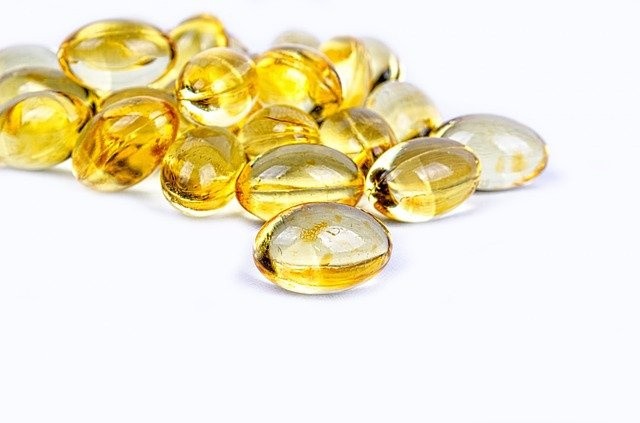Fact Check: Does Vitamin D Deficiency Account for Most COVID-19 Deaths?

An Instagram post claimed that Vitamin D deficiency may account for most COVID-19 deaths, but the claim was missing some necessary context.
The post included a screenshot of an alleged study that says Vitamin D deficiency may account for almost nine of ten COVID-19 deaths.
A San Diego-based psychiatrist and advocate of meat-based diet, poked on mainstream messaging of COVID-19 as "fear-based" and "hysteria promoting" when Vitamin D was an "easily correctable indicator of metabolic dysfunction.
The same post regarding Vitamin D deficiency was also seen on the user's Twitter account on November 30.
In the Instagram post, they advised people to "optimize BOTH their 25-OH D levels (above 30ng/ml at least) and their metabolic health."
He said improving metabolic health could be done through his prescribed "Carnivore" diet.
But an email to USA Today said that neither the Twitter post nor the Instagram content should be taken as medical advice.
The Instagram post has been deleted, but other social media posts also included the same screenshots of the posted study.
Who Usually Gets Vitamin D Deficiency?
Vitamin D is important for growth and overall health. It helps absorb calcium from the intestines, the mineral that brings nutrients to the bones.
It is better known as the "sunshine vitamin," noted by Science News as a good supplement for one's immune system due to its role as the hormone building block.
Related Story : Vitamin D2 vs Vitamin D3: What Should You Choose?
It comes in two forms: Vitamin D3 that is produced when sunlight hits the skin, and Vitamin D2 that comes from plants.
Vitamin D deficiency usually occurs among people who live in relatively colder weather or don't get to spend as much time in the sun as others.
People whose religion needs them to be almost completely covered are advised to get their Vitamin D levels checked.
Oftentimes, people just need to have enough time in the sun and eat Vitamin D-rich food to keep their Vitamin D up.
The National Health Service (NHS) in UK said people should consider taking 10 micrograms of vitamin D in a day if most of their time is spent indoors.
What Does Research Actually Say About Vitamin D Deficiency?
Since September, researchers have already explored the links between Vitamin D deficiency and COVID-19 risks.
Several studies have looked at the impact of Vitamin D on COVID-19 but so far, there isn't enough evidence to recommend the vitamin in preventing the virus, said a release from Mayo Clinic.
Related Story : Vitamin D Deficiency Linked to COVID-19 Risk, New Study Finds
The tweets cited an observational study published in the journal Nutrients around the same time.
The study observed Vitamin D levels of 185 patients diagnosed with COVID-19 and treated at the University of Heidelberg's hospital in Germany.
It also looked into other nutrient levels in the patients' bodies.
It observed that among 92 outpatient and 93 inpatient, those who were found to have Vitamin D Deficiency had "higher hospitalized rate and required more (intensive) oxygen therapy and (invasive mechanical ventilation)."
Comments on the study by Drs. Hermann Brenner and Ben Schöttker said also implied that 87% of the said patients' deaths were statistically attributed to Vitamin D deficiency and may possibly be avoided if patients weren't Vitamin D deficient.
But Drs. Aleksandar Radujkovic and Uta Merle advised in a follow-up response that the findings may have to be extrapolated carefully.
Since the study was observational, a randomized controlled trial will still need to be done in order to determine any causal associations, a key missing context of the post.
Recommending Vitamin D supplements should be regarded with caution until the observations have been proven as excessive intake of Vitamin D can be toxic.
Subscribe to Latin Post!
Sign up for our free newsletter for the Latest coverage!

















